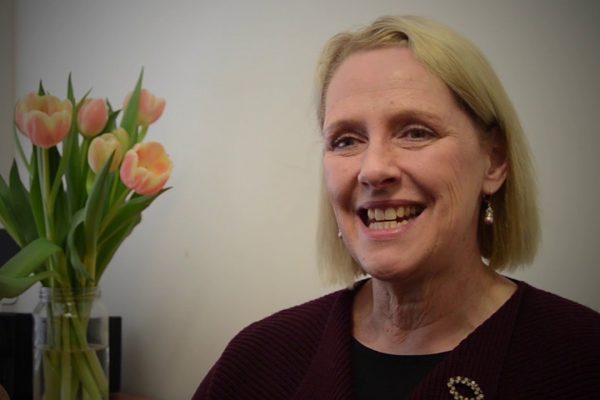Today in the Gospel we are presented with St Luke’s ‘Sermon on the Plain’. Unlike Matthew who gives us the ‘sermon on the mount’, Luke has Jesus gathering his disciples on a piece of level ground. That is a nice equaliser. It tells us something of how Luke understands the type of community that Jesus is creating: equality before God.
The text itself is both consoling and challenging. Let’s just look at two of the blessings that Jesus talks about. Blessed are the poor and blessed are the hungry.
“Blessed are you who are poor”? Poverty is not, per se, a blessing, but, all other things being equal, an evil to be eradicated. This explains why Jesus fed the multitude and told people to give to the poor – which would be inexplicable if poverty itself were blessed. Yet poverty can help us acknowledge our dependence on God. When we have plenty, it can be all-too-easy to forget about God. In this sense, Jesus’ curse, “Woe to you who are rich, for you have been consoled,” makes sense. On the other hand, because poverty puts our dependence squarely before us, indirectly it can be a blessing.
It’s possible, then, for people who aren’t poor in the financial or material sense to be “poor in spirit.” In fact this is what Christians are called to do. To recognise our dependence on God for everything and treat our possessions (even our personal abilities and skills) with a certain indifference, as gifts, using them for the building up of the Kingdom of God.
“Blessed are the hungry.” We said that poverty is a blessing only indirectly, not in itself. Likewise hunger. Those who hunger are blessed for at least two reasons. First, because their hunger provides a chance to realise their dependence on God, as the poor person’s poverty does. Second, because one day the hungry shall be satisfied. They shall have their fill of that for which they hunger. That day is now according to the gospel of Luke. Which is why he called them all to a level piece of ground, where there was access for everyone and put before them his own words and ultimately his own body for their nourishment.
That same gift is given to us today in word and sacrament whenever we gather for Eucharist.
By Fr Brendan Reed




Comments
Add Comment